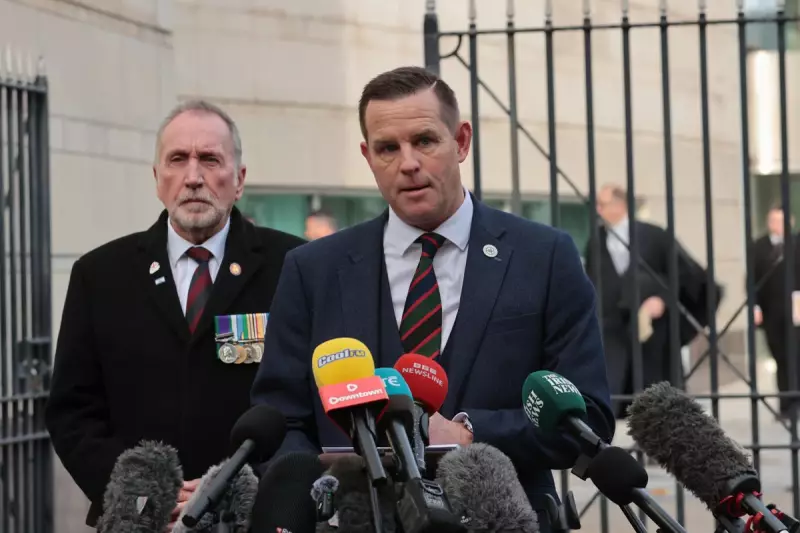
In a landmark ruling that has reignited debates about historical prosecutions, two former British soldiers will face trial over a fatal shooting that occurred more than five decades ago in Northern Ireland.
The High Court Decision
Mr Justice Colton delivered a significant blow to the veterans' legal team on Friday, rejecting their application to halt the prosecution. The judge emphatically stated that the case against the former soldiers, identified only as Soldier A and Soldier C, was sufficiently strong to proceed to trial.
The ruling marks another chapter in the long-running legal battle surrounding events during the Troubles, with the judge noting that the evidence presented met the required threshold for prosecution.
The 1972 Incident
The case centres on the death of Joe McCann, a 24-year-old Official IRA member, who was shot in the back in the Markets area of Londonderry in April 1972. The circumstances surrounding the shooting have been contested for decades, with the veterans maintaining they acted within their duties.
Mr Justice Colton addressed the defence's arguments directly, stating: "I do not accept the submission that the prosecution is an abuse of process or that it amounts to a breach of Article 6 of the European Convention on Human Rights."
Wider Implications
This case forms part of the broader legacy issues stemming from Northern Ireland's troubled past. The Public Prosecution Service for Northern Ireland had previously announced in 2021 that the two soldiers would face murder charges, a decision that has sparked considerable controversy among veteran groups and political commentators.
The judge's ruling underscores the continuing legal and emotional complexities surrounding historical cases from the Troubles era, balancing the pursuit of justice with concerns about prosecuting elderly veterans for actions taken during their service.
As the legal process continues to unfold, this case remains a focal point in the ongoing discussion about how Northern Ireland addresses its difficult history and seeks reconciliation.





